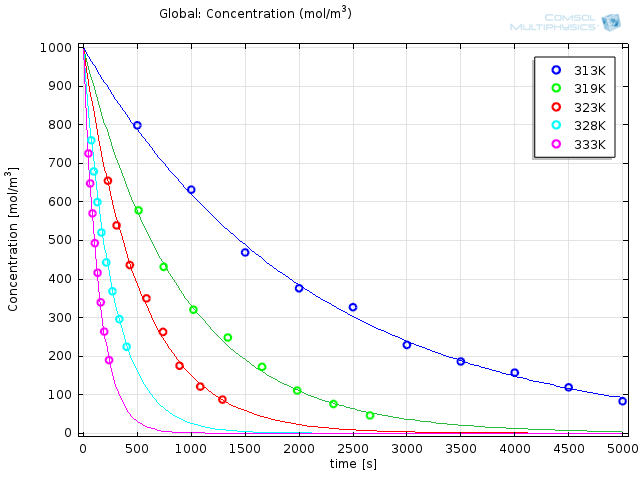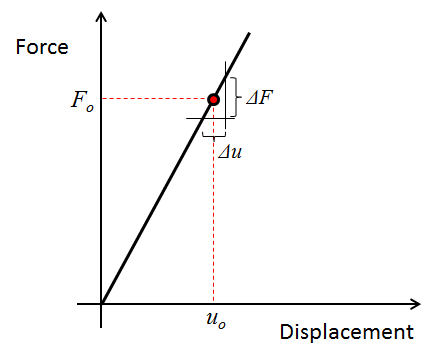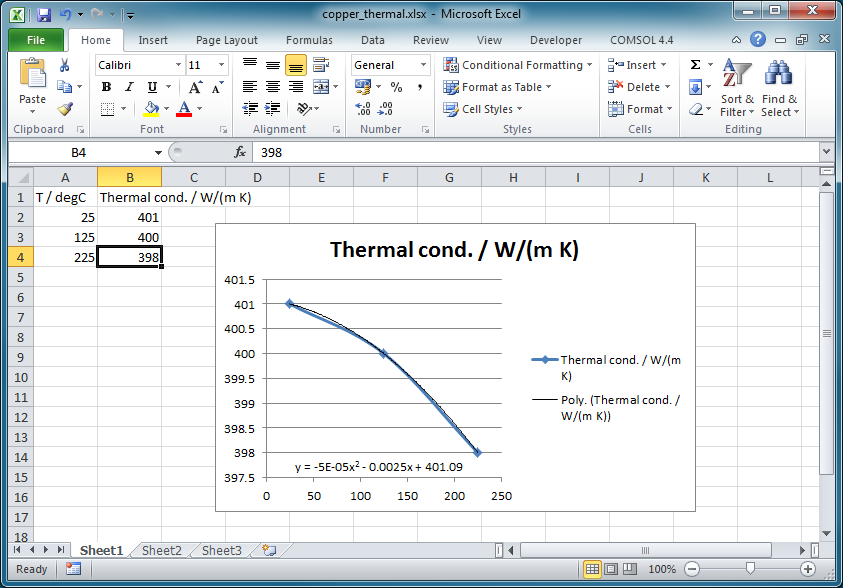Blog Posts Tagged Technical Content
Geometric Kernels in COMSOL Multiphysics®
Do you know what a geometric kernel is? This software component is responsible for handling geometry in COMSOL Multiphysics®. Get a comprehensive background of what this means…

What Kinds of FSI Problems Can COMSOL Multiphysics Solve?
We discuss the various techniques for modeling fluid–structure interaction (FSI) in the COMSOL® software, as well as highlight the add-on modules you need for these various types of analyses.

Chemical Parameter Estimation Using COMSOL Multiphysics
In this installment of our blog series on chemical kinetics, we discuss how to estimate the chemical parameters of your model in COMSOL Multiphysics®.

Modeling the Hydrostatic Pressure of a Fluid in a Deformable Container
Picture a water balloon being compressed at the center. As you squeeze the balloon, the locations of the highest point and depth of fluid change, altering the hydrostatic pressure distribution.

Characterizing the Flow and Choosing the Right Interface
No matter the focus of your modeling project, you have probably had to consider fluid flow at some point. Here, we discuss how to characterize the flow and choose the correct CFD interface.

Computing Stiffness of Linear Elastic Structures: Part 2
Learn how to compute the stiffness of linear elastic structures in 2D and 3D with COMSOL Multiphysics® by implementing the Poisson effect. Part 2 of a 2-part series on computing stiffnesses.

Computing Stiffness of Linear Elastic Structures: Part 1
Learn how to compute the stiffness of linear elastic structures in 1D and 2D by implementing the Timoshenko beam theory in COMSOL Multiphysics®. Part 1 of a 2-part series on computing stiffness.

How to Create a Material Database from Spreadsheet Data
Did you know that you can use spreadsheet data to create a material database for use in your COMSOL Multiphysics® simulations? Learn how here >>
